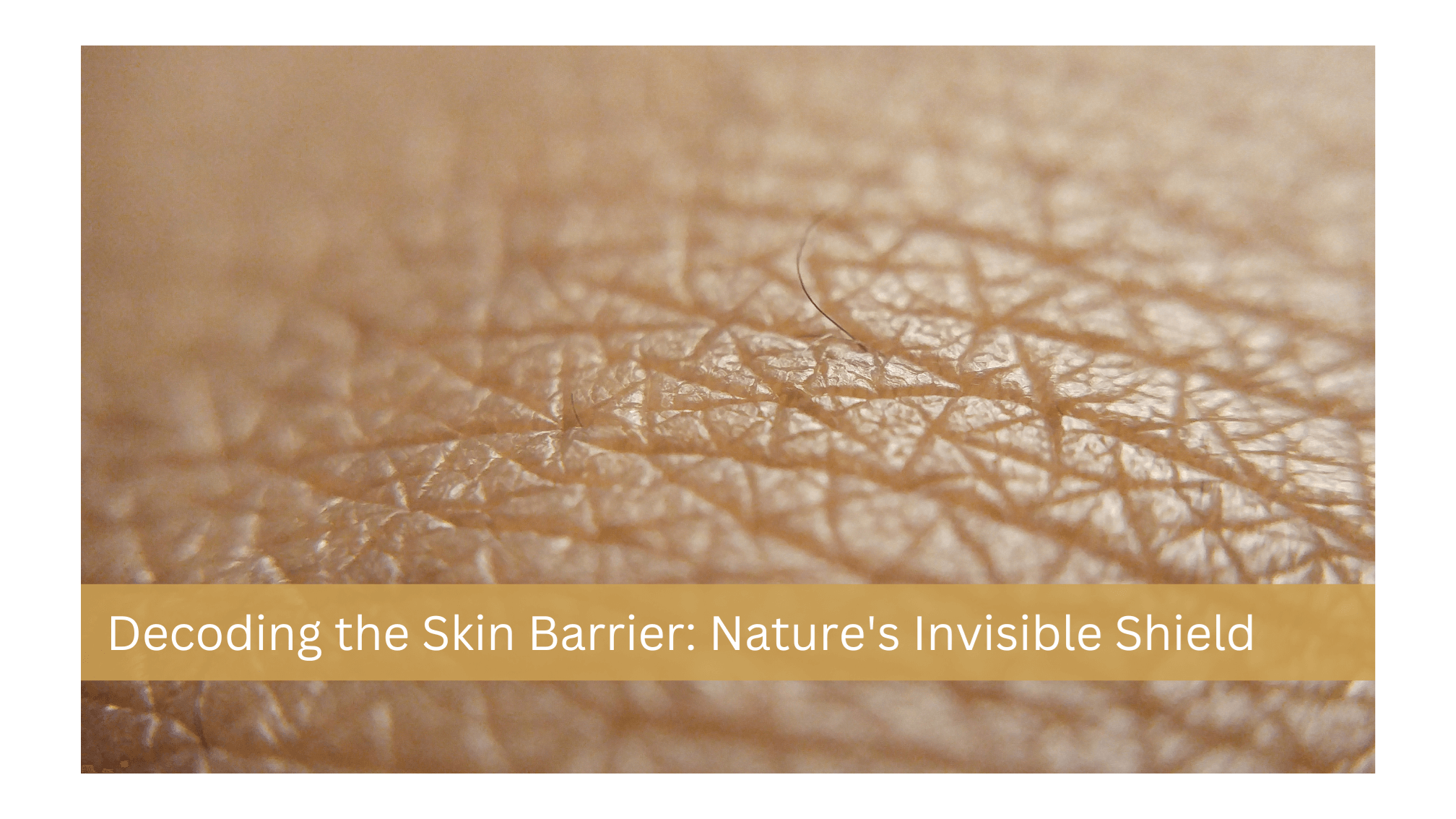Decoding the Skin Barrier: Nature's Invisible Shield
&srotate=0)
Understanding the Skin Barrier: Nature's Silent Guardian
The skin, our body's largest organ, is not merely a protective shell; it is a dynamic interface crucial for our overall health and well-being. At its forefront lies a remarkable defender known as the skin barrier—a complex, multifaceted system that shields us from the external environment while maintaining vital internal balance. As dermatologists, understanding the intricacies of this barrier is paramount, as its integrity underpins the health and appearance of the skin. Let's delve into the structure, function, and maintenance of this essential guardian.
What is the Skin Barrier and What Does It Do?
The skin barrier is the body's first line of defense against external aggressors. Comprising multiple layers, the outermost stratum corneum is particularly critical. It consists of dead skin cells embedded in a lipid matrix of ceramides, cholesterol, and fatty acids, which act like a mortar to maintain hydration and prevent water loss. Beneath this layer, the epidermis continuously produces new cells that migrate upward, contributing to the barrier's integrity.
What Contributes to a Damaged Skin Barrier?
Several factors can compromise the skin barrier, leading to issues like dryness, irritation, and sensitivity. Exposure to UV radiation, harsh chemicals in skincare products, and environmental pollutants can disrupt the lipid matrix. Conditions such as eczema, psoriasis, and genetic predispositions can also weaken the barrier's function. Additionally, lifestyle factors like stress, poor nutrition, and inadequate hydration play significant roles in barrier health.
What Are Its Symptoms?
A compromised skin barrier manifests in various ways. Common symptoms include dryness, redness, itching, and flakiness. The skin may feel tight or rough, and in severe cases, cracks or fissures may develop. Sensitivity to skincare products or environmental triggers is also a common indicator of barrier dysfunction. These symptoms can significantly impact the skin's appearance and comfort, prompting individuals to seek dermatological advice.
How can you Improve your skin's barrier?
Simplifying Your Skincare Routine:
Simplifying your skincare routine involves using gentle products that don't overwhelm your skin. Opt for a mild cleanser and a lightweight moisturizer suitable for sensitive skin. Avoid excessive use of exfoliants or harsh treatments that can further damage the skin barrier. By reducing the number of products and focusing on gentle care, you allow your skin to recover and strengthen naturally.
Incorporating Humectants:
Humectants are key ingredients that attract moisture to the skin and help retain it within the skin barrier. Incorporating products containing humectants like hyaluronic acid, glycerin, or urea can effectively hydrate and plump the skin. These ingredients draw water molecules into the skin, relieving dryness and supporting barrier repair. Look for moisturizers specifically formulated with these humectants to boost hydration levels and improve overall skin health.
Amping Up Ceramides:
Ceramides are essential lipids that form a protective barrier in the skin, preventing moisture loss and maintaining hydration. Using skincare products enriched with ceramides helps to replenish and strengthen a compromised skin barrier. Look for moisturizers or creams that prominently feature ceramides in their formulations. Regular application can help repair the lipid barrier, reduce dryness, and restore the skin's natural resilience. Choosing products with high concentrations of ceramides ensures optimal nourishment and support for your skin barrier's health.
By adopting these strategies—simplifying your routine, incorporating humectants for hydration, and amping up ceramides for barrier repair—you can effectively promote skin barrier recovery and maintain healthier, more resilient skin over time.